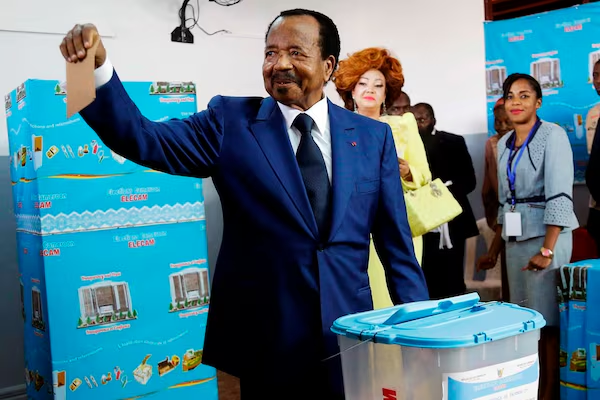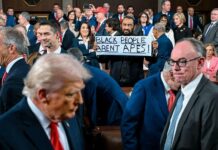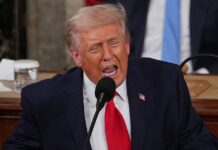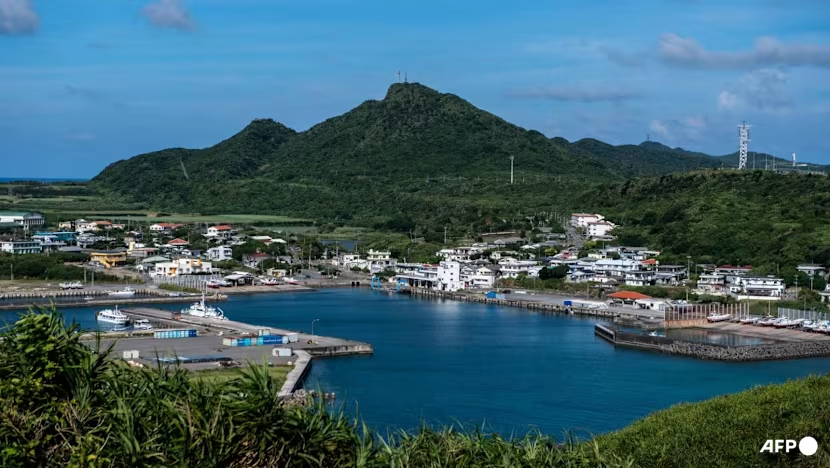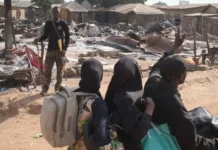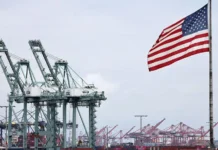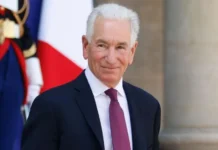Written by Lisa Murimi
Cameroon’s political tensions deepened on Monday after opposition leaders rejected the presidential election results that extended President Paul Biya’s decades-long rule, alleging massive fraud and irregularities in the October 12 vote.
The announcement by the Constitutional Council, declaring Biya the winner with 53% of the vote, has sparked widespread protests and fears of prolonged unrest.
In Douala, angry supporters of main opposition candidate Issa Tchiroma clashed with riot police, erecting barricades and burning tires to protest what they called a “stolen election.”
At least six people have been killed since the weekend, according to opposition figures. The usually busy streets of the commercial capital remained tense on Tuesday as demonstrators vowed to continue protesting.
Tchiroma, who had earlier claimed victory, said he would not recognize Biya’s re-election, accusing the electoral body and Constitutional Council of being complicit in manipulating results.
“This was not an election but a charade,” he told supporters, urging them to “stand firm for democracy.”
Other opposition figures echoed his sentiments. Akere Muna, a prominent lawyer and former presidential hopeful, described the vote as “a rubber-stamp exercise by a regime that fears accountability.”
He pointed to unusually high voter turnout figures in the English-speaking regions — areas crippled by a separatist conflict since 2017 — as clear evidence of fraud.
Tomaino Ndam Njoya, the only female presidential candidate, also rejected the results, calling them a “confiscation of the people’s will” and accusing the government of undermining transparency in the democratic process.
Meanwhile, Biya’s supporters celebrated his victory in Yaoundé and other strongholds, hailing his re-election as a triumph of stability over chaos. Government officials dismissed allegations of fraud as baseless and warned that continued unrest would not be tolerated.
At 92 years old, Biya is Africa’s oldest head of state and one of the world’s longest-serving leaders, having ruled Cameroon since 1982.
His latest victory extends his tenure to over four decades, despite growing discontent over economic stagnation, corruption, and the ongoing separatist insurgency in the Anglophone regions.
As the dust settles, Cameroon faces yet another test of its fragile unity. “The people did not choose Paul Biya,” said Jean-Pascal, a Douala resident.
“For 43 years, this government has given us nothing. The future of this country cannot be built on lies.”









